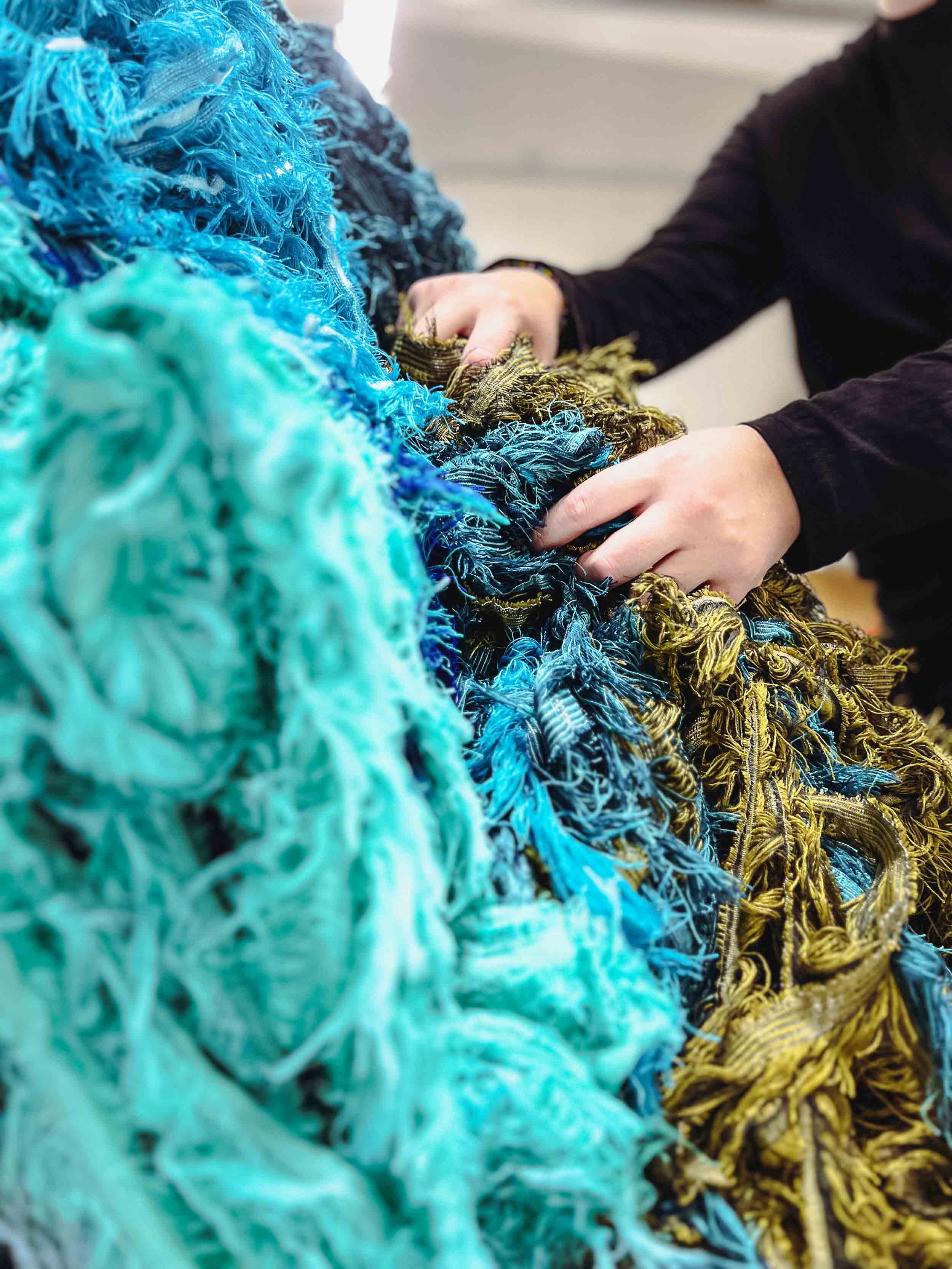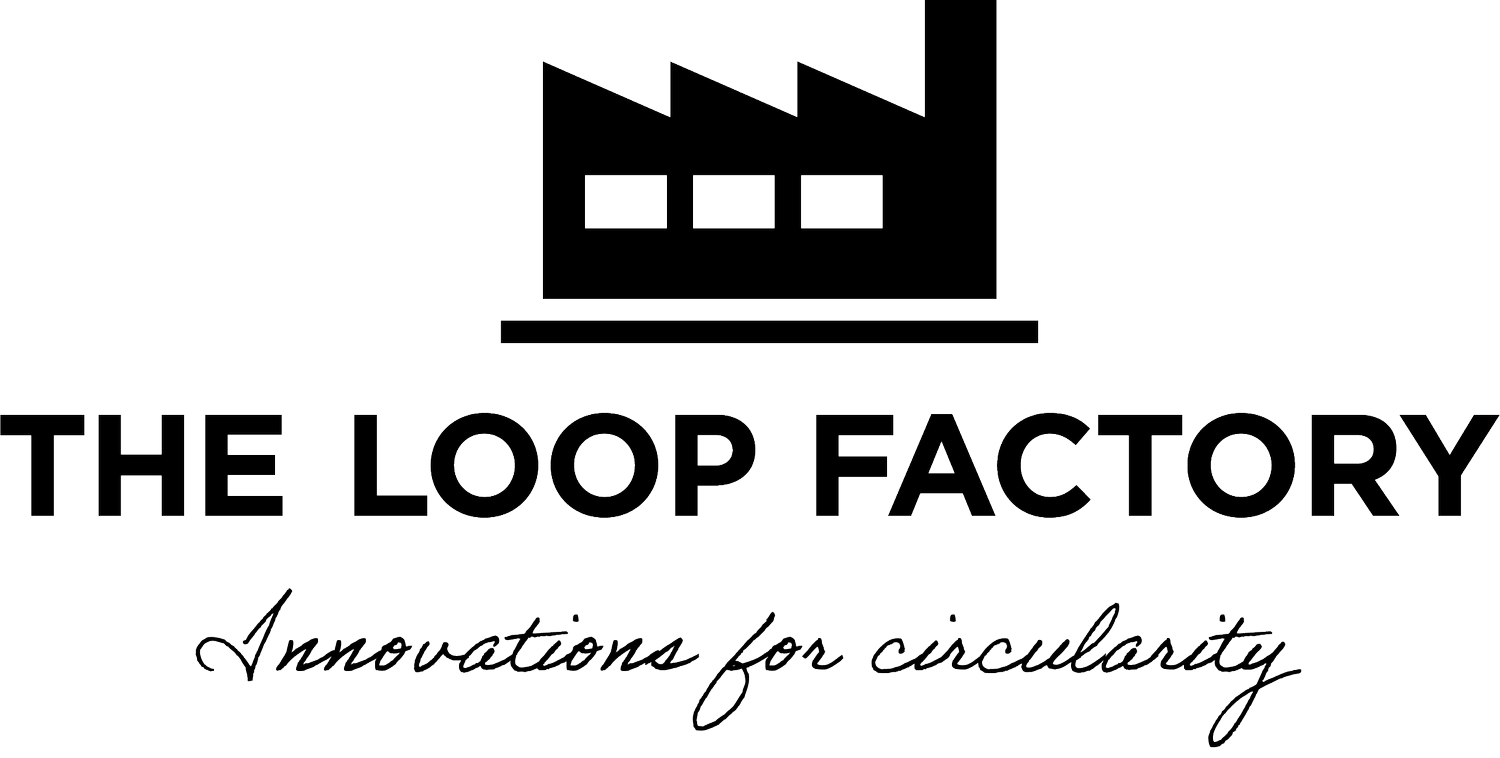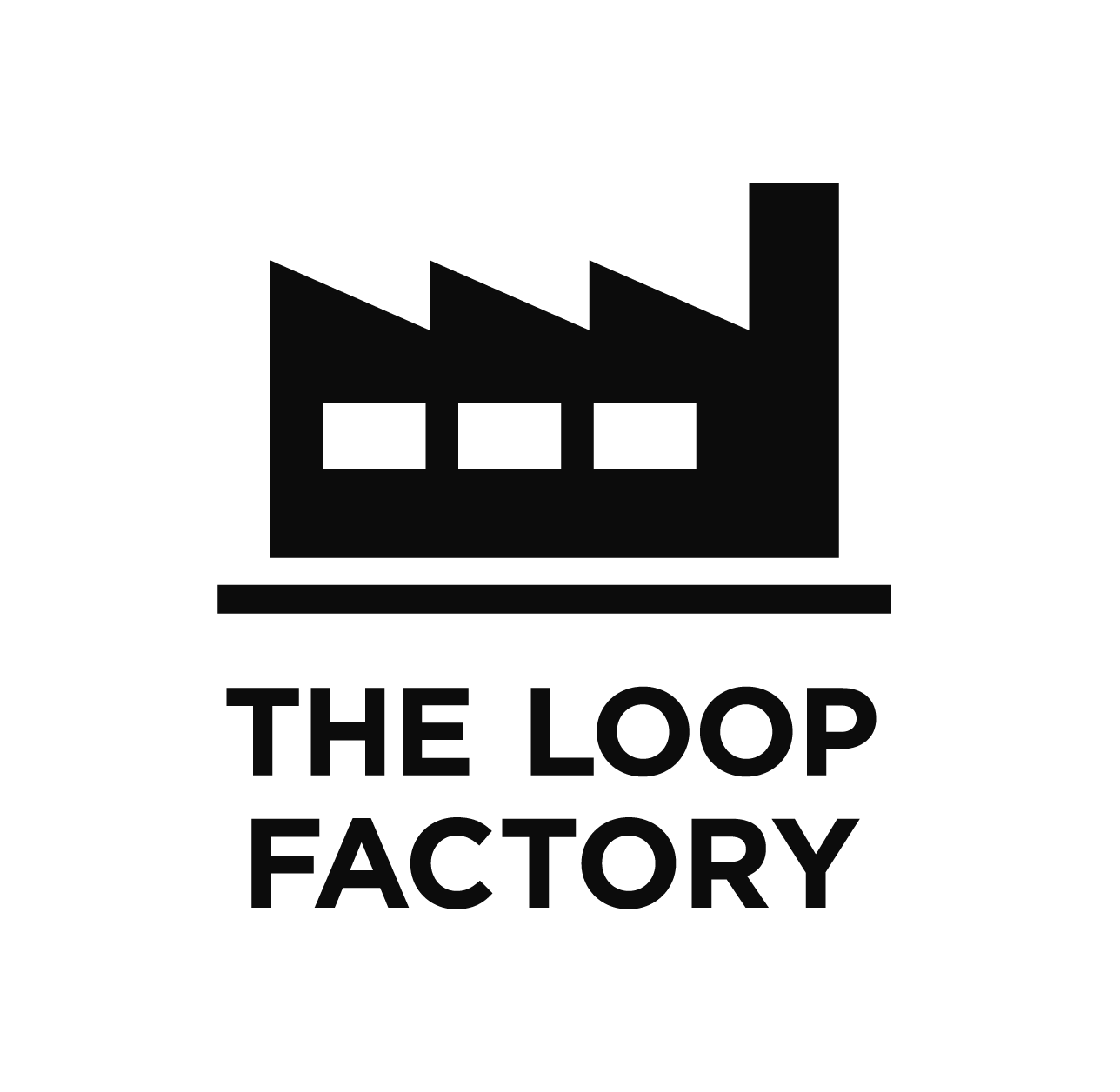
texSCALE
Creating a circular textile industry is a collaborative effort. That is why we formed a collective initiative with different Scandinavian actors in the textile value chain. Together we aim, with funding from the Swedish Energy Agency, to increase the resource-efficient use of textiles by bridging the gap between pilot- and industry-scale nonwoven production.
BACKGROUND
Approximately 9 million tons of textile waste in Europe are incinerated or landfilled annually. This growing environmental challenge is driving the textile industry to adapt, especially as new regulations on waste management, corporate responsibility, and greenhouse gas (GHG) emissions take effect. To stay ahead of these changes, this project aims to lead the way in textile recycling by scaling up efforts and driving systemic change across the industry.
CHALLENGE
Enhancing resource efficiency requires challenging the traditional, linear mindset of the textile industry. This project targets the efficient use of complex textile waste streams and the growing accumulation of post-consumer textiles. We must foster increased collaboration and rethink our current approaches to tackle these problematic material streams.
SOLUTION
This project seeks to enhance the resource-efficient use of textiles and bridge the gap between pilot-scale and industry-scale nonwoven production. It focuses on three key areas: Developing sustainable materials and products. Optimising logistics with sustainability assessments. Empowering the industry to transition towards a circular econom
RESULT
TexScale adopts a pragmatic, hands-on approach to textile recycling by conducting technical validation through demonstration projects and fostering discussions on industry challenges and opportunities. The primary goal is to enhance resource efficiency in textiles and drive the transformation of the textile industry.
WHY NONWOVEN?
Nonwoven is a sustainable solution for textile waste management.
Nonwoven technology offers an energy-efficient and versatile alternative for managing textile waste. It is less sensitive to fibre quality and can process even the most complex textile waste streams. By integrating various techniques, this approach enables the creation of new materials from secondary textile raw materials suitable for various applications.
WEBINARS
Webinar 3- APRIL 2025: Circular strategies in textiles – what are the trade-offs?
Circular strategies are transforming the textile industry—but they come with trade-offs. This webinar explored how to identify unintended sustainability impacts and make better-informed decisions. We also introduced a practical tool to help businesses assess circular solutions across the value chain.
View the presentation: The effects of trade-offs - circular strategies and their impact on sustainability. (PDF)
Use the tool: Environmental trade-off assistant(Excel)
Webinar 2 - February 2025: The pantry of the future: a guide to effectively using post-consumer textile waste.
Fossil resources are rapidly depleting, while textile waste continues to grow alarmingly. It’s time to rethink how we approach raw materials by creating a sustainable, circular “material pantry” using post-consumer textiles.
View the presentation: A guide to effectively using post-consumer textile waste (PDF)
Webinar 1 - November 2024 : What does the waste framework directive mean for your company, and what do upcoming laws and regulations mean?
On January 1st, 2025, the EU Waste Framework Directive will come into effect, requiring all EU member states to implement separate textile collections. In a webinar, Ulrika Simonsson from TEKO shared valuable insights on what this means for businesses, providing updates on the separate collection regulations, the status of the Ecodesign and Green Claims Directives, and the impact on SMEs in Sweden. This session provided essential knowledge for businesses navigating the evolving landscape of sustainable textile management and regulatory compliance.
Read our summary of the webinar: EU Textile Waste Directive: Key Updates for SMEs in 2025
the facts
The project is funded through the innovation program RE:Source by Vinnova, Energimyndigheten and Formas.
Owner: The Loop Factory
Period: 08/2024 – 08/2027
Participants: Artex, Taiga, SYSAV, Rester, TEKO Logistik, RISE, TEKO, Tvätteriförbundet.







